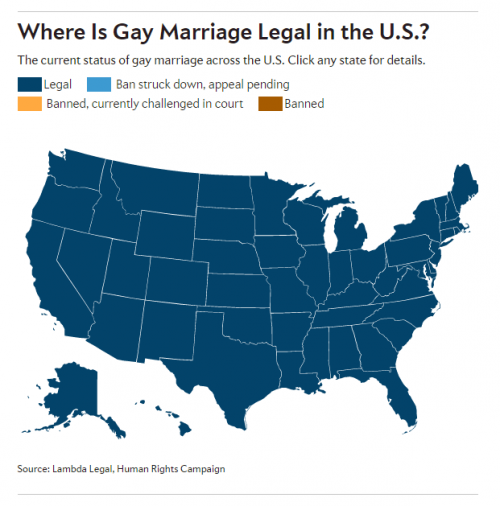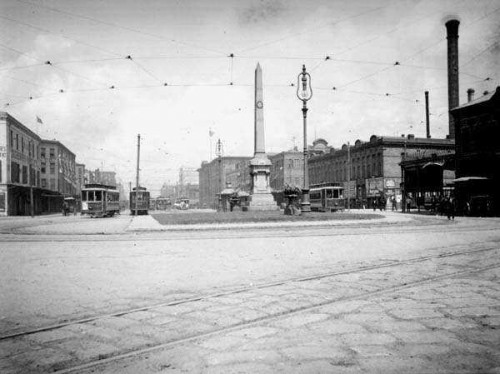I usually try to avoid posting videos that are more than five minutes long, but this commentary about trans rights from John Oliver was too great to pass up. He does a wonderful job of introducing what it means to be transgender, as well as discussing:
- media coverage,
- the terrible statistics on discrimination and anti-trans violence,
- the gender binary in institutions and institutional inertia,
- and the ridiculousness of “bathroom bills.”
Mostly, he just does a great job of talking about how easy it really is to just get over it and treat people like people.
Lisa Wade, PhD is an Associate Professor at Tulane University. She is the author of American Hookup, a book about college sexual culture; a textbook about gender; and a forthcoming introductory text: Terrible Magnificent Sociology. You can follow her on Twitter and Instagram.




